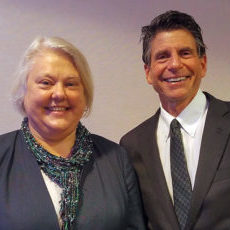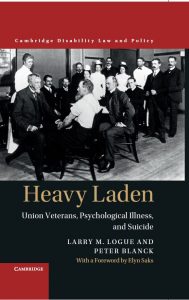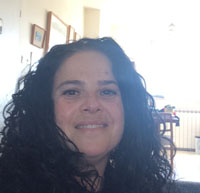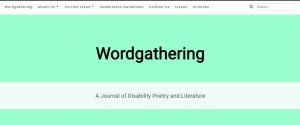The Burton Blatt Institute at Syracuse University has begun a collaboration with the University of Leeds in the United Kingdom focusing on groundbreaking research into the accessibility of public spaces and the social justice problems resulting from an exclusionary infrastructure.
The Inclusive Public Space project is a global interdisciplinary research effort that explores the social justice problems caused by city streets that limit access for some pedestrians. The project focuses specifically on pedestrians with disabilities who may have difficulties using the pedestrian paths because of the way streets are designed, managed or maintained. Poor maintenance, uneven surfaces, potholes, poor lighting and other streetscape structures also create barriers. Continue Reading
 “Live with Kellye & Ken” is an online running dialogue about the present and future of legal education. Each month, Deans Emeritus Kellye Testy (LSAC CEO) and Ken Randall (iLaw Founder and President) lead expert panels of law school deans in engaging online discussions of today’s important topics surrounding legal education and leadership.
“Live with Kellye & Ken” is an online running dialogue about the present and future of legal education. Each month, Deans Emeritus Kellye Testy (LSAC CEO) and Ken Randall (iLaw Founder and President) lead expert panels of law school deans in engaging online discussions of today’s important topics surrounding legal education and leadership. Published as part of Cambridge’s Disability Law and Policy series, Heavy Laden focuses on a specific population of Civil War suicides: Union veterans. Drawing heavily upon quantitative data, Logue and Blanck show that veterans’ suicide rates far exceeded those of their civilian counterparts.
Published as part of Cambridge’s Disability Law and Policy series, Heavy Laden focuses on a specific population of Civil War suicides: Union veterans. Drawing heavily upon quantitative data, Logue and Blanck show that veterans’ suicide rates far exceeded those of their civilian counterparts. Michal Soffer is the head of the Master’s specialization track in social work with people with disabilities at the School of Social Work. She received a Bachelor of Social Work, a Master of Social Work and a Ph.D. from the Hebrew University of Jerusalem. Soffer completed her post-doctoral fellowship at the Burton Blatt Institute, College of Law, Syracuse University. She received an Alon scholarship for outstanding young faculty by the Israeli Council for Higher Education.
Michal Soffer is the head of the Master’s specialization track in social work with people with disabilities at the School of Social Work. She received a Bachelor of Social Work, a Master of Social Work and a Ph.D. from the Hebrew University of Jerusalem. Soffer completed her post-doctoral fellowship at the Burton Blatt Institute, College of Law, Syracuse University. She received an Alon scholarship for outstanding young faculty by the Israeli Council for Higher Education. 